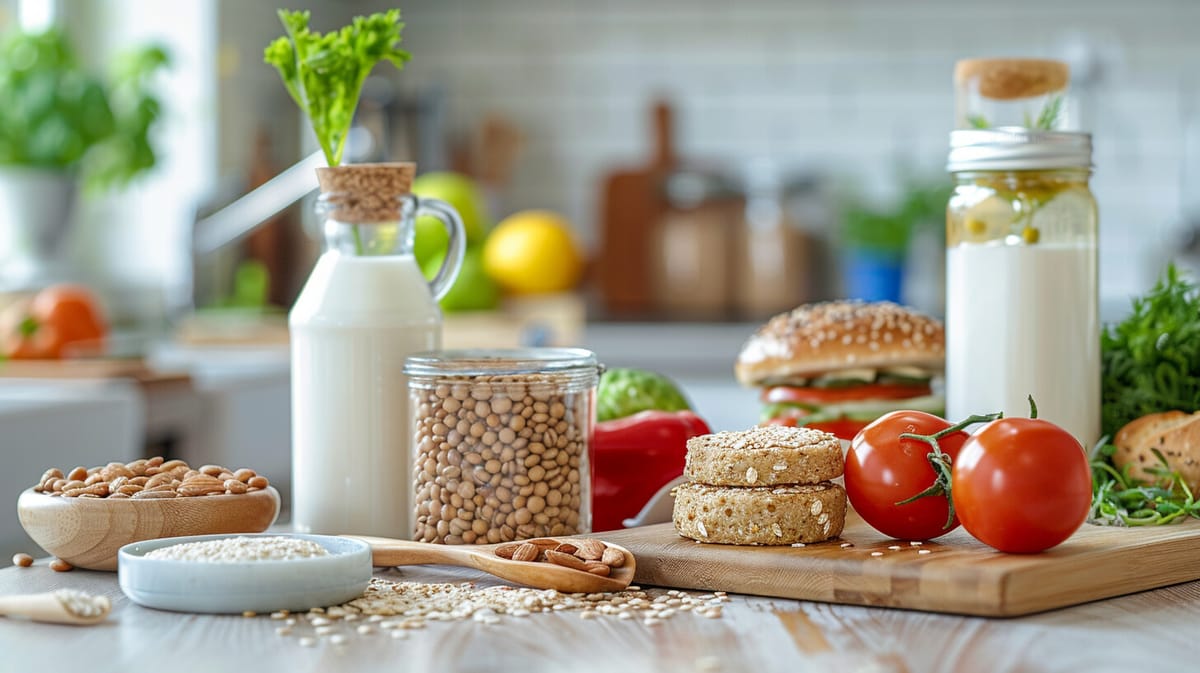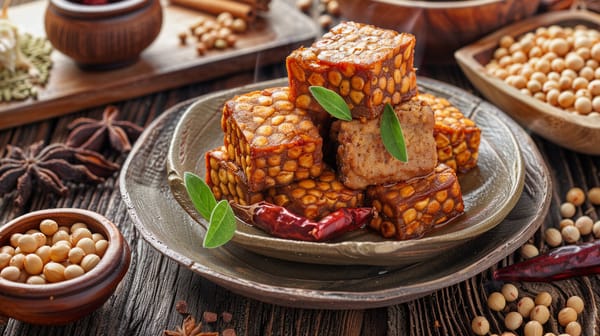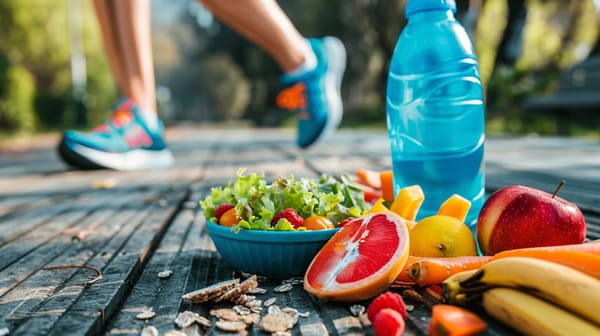Unlocking the Benefits of Ultra-Processed Foods: Surprising Dietary Insights

Introduction
The term 'ultra-processed foods' (UPFs) often carries a negative connotation, conjuring images of unhealthy snacks and meals that are detrimental to our health. However, not all UPFs are created equal, and understanding which ones can play a beneficial role in your diet is crucial for maintaining a balanced nutritional intake.
What Are Ultra-Processed Foods?
Ultra-processed foods are generally defined as food products that have undergone significant processing, often incorporating numerous ingredients such as sugars, oils, fats, salt, antioxidants, stabilizers, and preservatives. Examples include snacks, soft drinks, packaged breads, and meals ready to heat. The main characteristic of UPFs is their low nutritional value and high levels of added sugars, fats, and salt.
The Surprising Role of UPFs in a Healthy Diet
It's imperative to note that some UPFs can be part of a healthy diet. Dietitians acknowledge that while moderation is key, certain UPFs can offer convenience without compromising health, especially when chosen wisely and combined with whole foods.
1. Fortified Plant-Based Milks
Fortified soy and almond milks provide essential nutrients such as Vitamin D, calcium, and protein and are excellent alternatives for individuals avoiding dairy.
2. Whole Grain Crackers
Rich in fiber and essential nutrients, whole grain crackers can be a healthy snack option, particularly when paired with natural foods like cheese or fruit.
3. Protein Powders and Bars
These can be beneficial for those needing a quick source of protein, especially post-workout or during busy days when preparing a meal might not be possible.
4. Nutritional Salad Dressings
Choosing salad dressings wisely—those low in sugar and fat—can enhance rather than detract from the health benefits of a fresh salad.
5. Rice Cakes
Low in calories and adaptable, rice cakes can serve as a base for a variety of toppings, making them a versatile component of a healthy snack.
6. High-Quality Breakfast Cereals
Opt for whole-grain, low-sugar cereals that provide a good start to the day without the excessive sugars found in many children's cereals.
7. Whole-Grain Bread
Always check for whole-grain as the first ingredient to ensure you're getting the full benefits of the grain, which include fiber that can aid digestion and decrease cholesterol levels.
8. Lightly Sweetened Greek Yogurt
With probiotics and high protein content, Greek yogurt is excellent for gut health and maintaining muscle mass, especially if it has minimal added sugars.
9. Soy-Based Meat Alternatives
These products provide high protein with lower levels of saturated fat and can be an excellent part of a plant-based diet.
10. Jarred Tomato-Based Pasta Sauces
Look for options with low added sugars and salts. Adding extra vegetables to these sauces can further enhance their nutritional profile.
Integrating UPFs into Your Diet
The key to incorporating UPFs into a healthy diet is balance. Use them as components of meals dominated by unprocessed foods, such as fruits and vegetables, to ensure nutrient diversity and avoid the negative health impacts associated with excessive consumption of processed foods.
Moderation and wise selection are the cornerstones of using UPFs to complement, rather than compromise, a nutritious diet.
Conclusion
While it's important to stay informed about the potential downsides of ultra-processed foods, recognizing and utilizing the UPFs that offer nutritional benefits can help you maintain a balanced and healthy diet. As always, reading labels and making informed choices is paramount.




